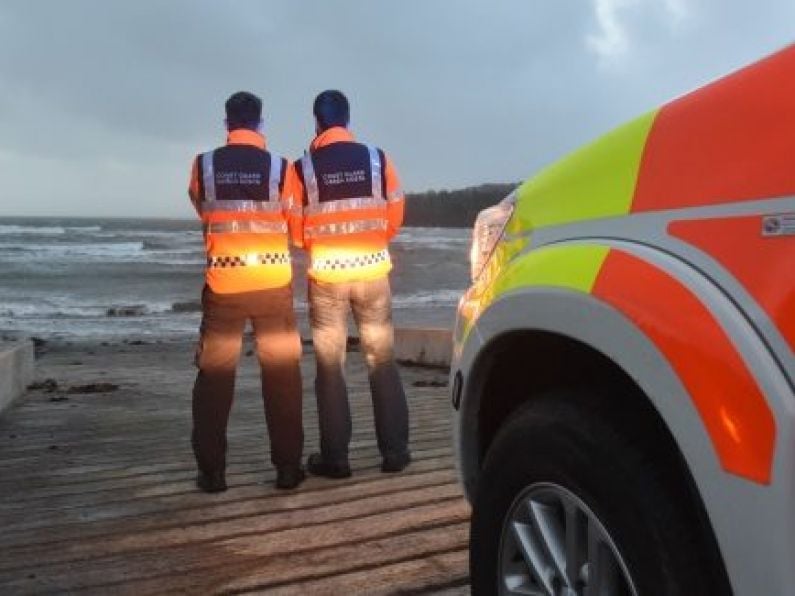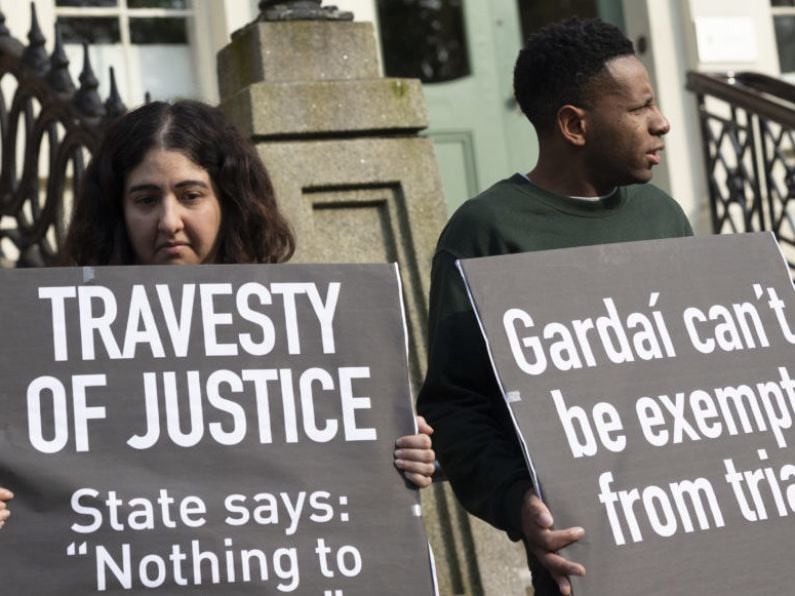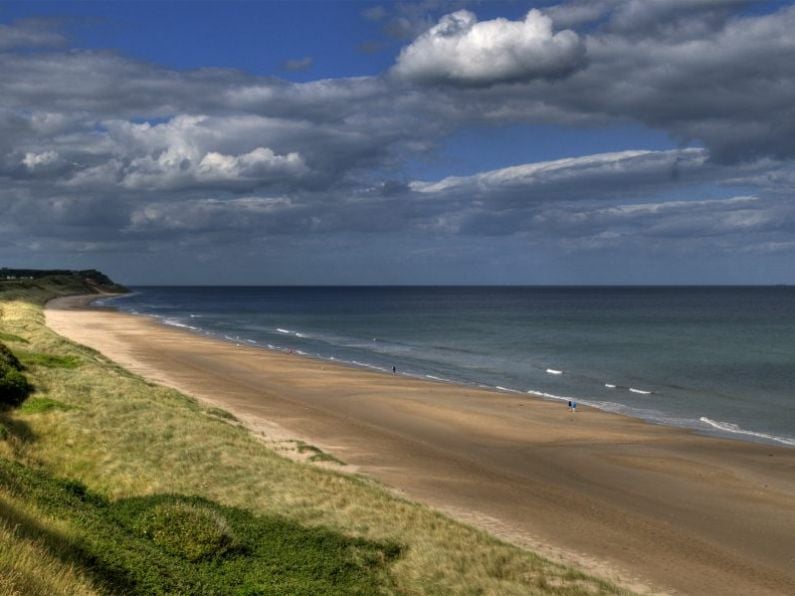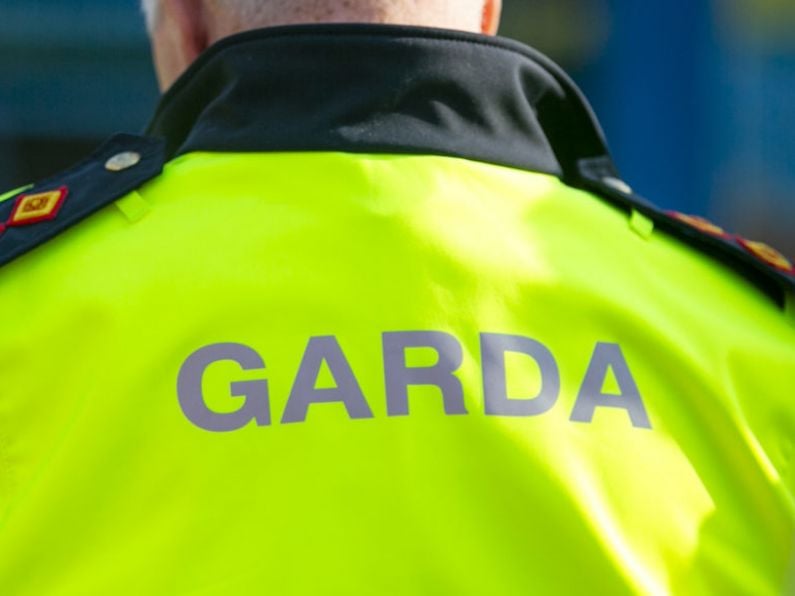The Irish Coast Guard has defended a decision to stop volunteers using blue lights and sirens while responding to life and death calls.
Coast Guard management issued a ‘safety notice’ on February 14 informing volunteers that "vehicles are no longer permitted to use blue lights and warning devices (sirens) while driving on public roads."
Management have said however that the safety notice “in no way impacts on the Coast Guard's status as a Principal Emergency Service (PES).”
Considered to be Ireland’s “fourth blue light service”, the Coast Guard is made up of 950 volunteers attached to 43 units nationwide.
Units are equipped with a variety of vehicles which are fitted with emergency (blue) lights and audio warning devices (sirens) regularised by fellow organisations through the Emergency Services Driving Standard (ESDS) since 2015.
The Volunteer Services and Training (VS&T) safety notice issued to members stated: "The risks associated with driving blue-light vehicles on public roads have been discussed around the coast for some time.
"These risks need to be mitigated - particularly in terms of the safety of the volunteers, other road users and members of the public.”
According to the safety notices: “It is imperative that IRCG replicates the policy which other similar organisations have implemented and we follow best practice, as endorsed by the Road Safety Authority, on this issue.
Therefore, to manage this risk please note that drivers of Coast Guard vehicles are no longer permitted to use blue lights and warning devices (sirens) while driving on public roads.”
Volunteers have been told however that blue lights and sirens “may continue to be used while the vehicle is parked up.”
Coast Guard members around the country are said to be ‘dismayed’ and ‘seriously concerned’ about the new policy. They say it will hinder their efforts to effectively carry out their duties particularly when lives are at risk.
One Coast Guard volunteer said: “It’s not like we drive around with blues-and-twos for the fun and fly through traffic and red lights. We don’t.
"Flashing lights and sirens alert the public that members are on their way to a life or death call. It allows drivers time to safely pull over and allow emergency vehicles pass.”
If we are using lights and sirens it’s for a good reason. Now though it appears if we are making our way to a call we will just have to sit in traffic and pray we can get there in time.
"The Coast Guard have had plenty of time to train personnel but have failed to do so,” he added.
A spokesperson for the Coast Guard said: “As part of the Coast Guard's continuing drive to enhance safety and protect its volunteers, full-time staff and members of the public, it has issued this instruction as a clarification in relation to the existing position as regards their use while driving on public roads.
"The policy mirrors best practice in other Principal Emergency Services for untrained "blue-light" drivers. This notice in no way impacts on the Coast Guard's status as a Principal Emergency Service.”
The Coast Guard continued: “The risks associated with driving blue-light vehicles on public roads have been discussed with volunteers around the coast for some time, including at sectoral meetings and conferences.
"These risks need to be mitigated - particularly in terms of the safety of the volunteers, other road users and members of the public.”
“The issue of training volunteers and full-time staff to drive with Blue Lights and sirens is being addressed in the Coast Guard's Safety and Risk Work Plan,” the spokesperson said.






